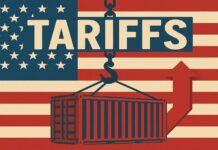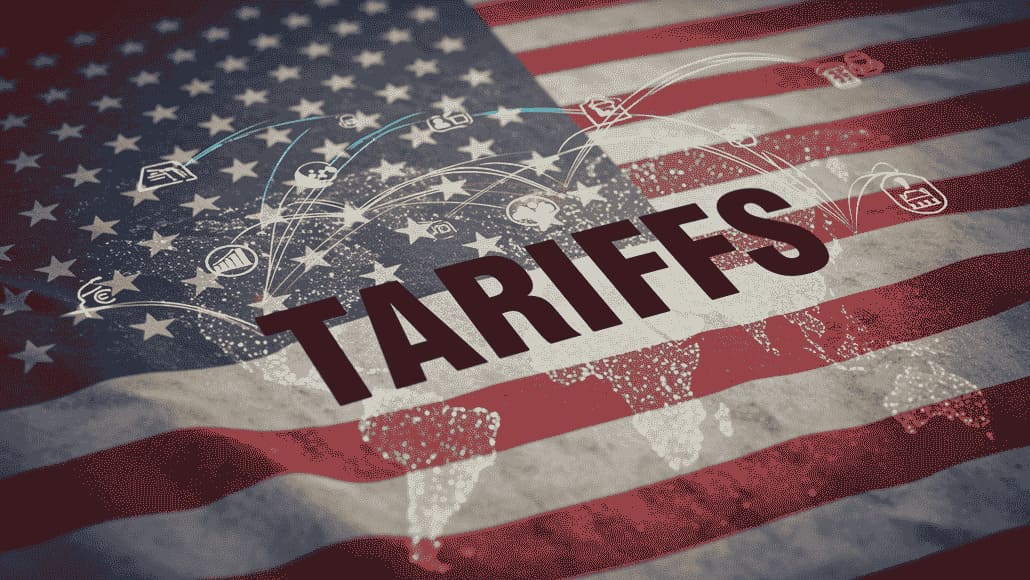The potential implementation of a 30% tariff hike by the Trump administration poses a significant threat to the European textile sector, industry experts warn. This proposed increase in tariffs on imported textiles could disrupt supply chains, raise costs for manufacturers, and ultimately harm consumers.
The textile industry in Europe, already facing challenges from global competition and rising production costs, is bracing for the impact of these tariffs. A significant portion of textile imports comes from countries subjected to these tariffs, and manufacturers fear that the increased costs will be passed on to consumers, leading to higher prices for clothing and home textiles across the board.
Industry representatives are voicing their concerns, emphasizing the need for a collaborative approach to trade that fosters growth rather than stifling it. Many in the sector stress that tariffs can lead to retaliation from other countries, escalating trade tensions and further complicating the already fragile global trading environment.
If the proposed tariffs go into effect, European textile manufacturers could face a profound disadvantage compared to their counterparts in regions not affected by such tariffs. This could lead to a loss of market share and a decline in competitiveness, potentially resulting in job losses within the industry. The long-term viability of many European textile companies could be jeopardized, threatening the livelihoods of thousands of workers.
Moreover, the proposed tariff hike is seen as a move away from the principles of free trade that have historically benefited the textile sector. Advocates for the industry argue that maintaining open trade channels is essential for innovation, sustainability, and the overall health of the European textile market.
As the situation develops, industry leaders are urging policymakers to reconsider the potential ramifications of such a significant tariff increase. The focus, they argue, should be on creating trade agreements that support growth and mutual benefit rather than imposing barriers that could harm consumers and producers alike.


































